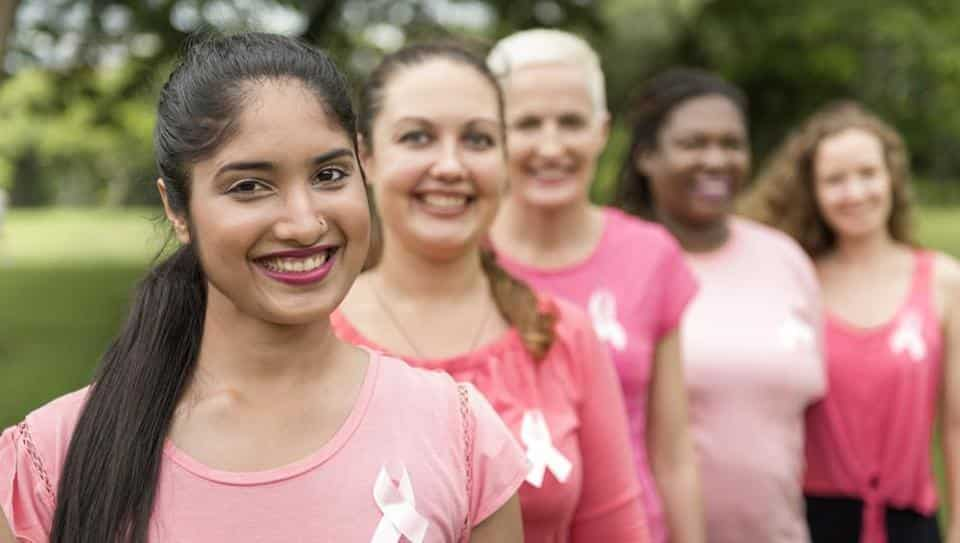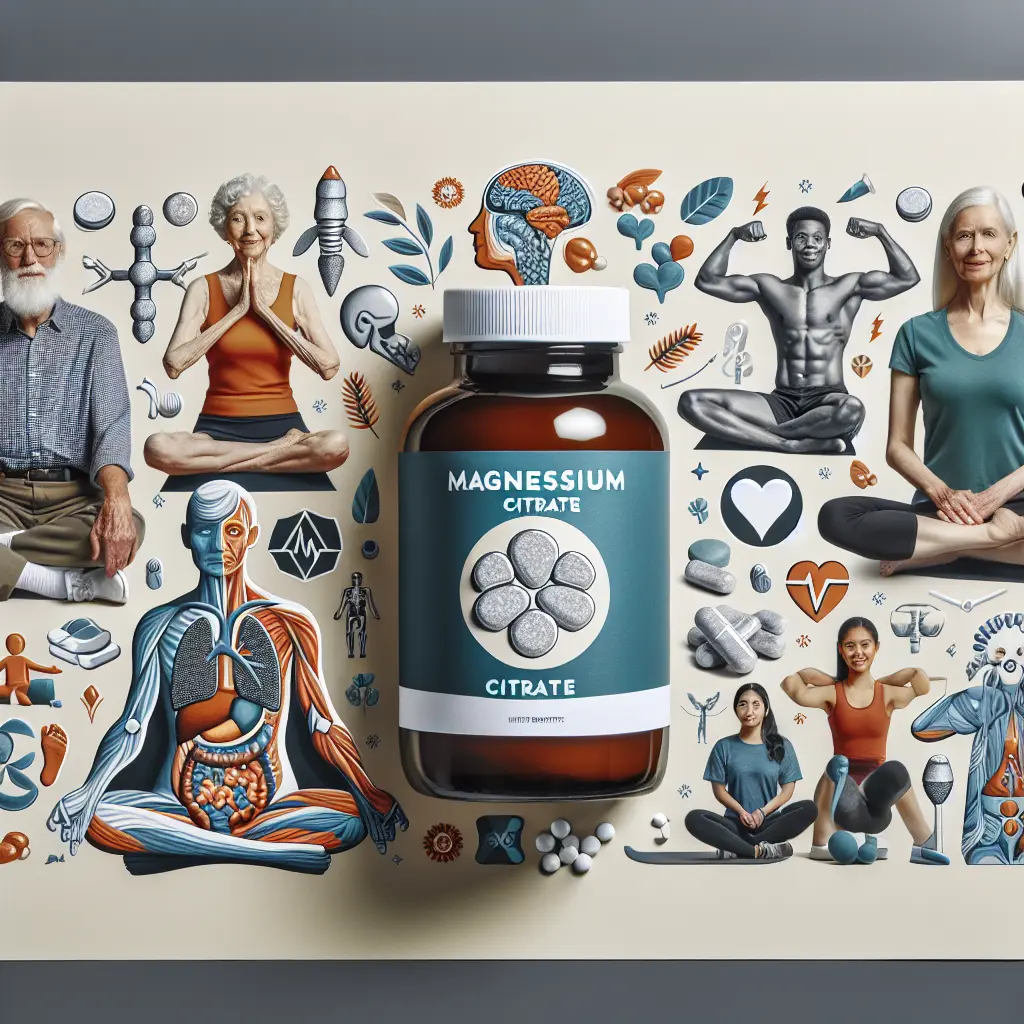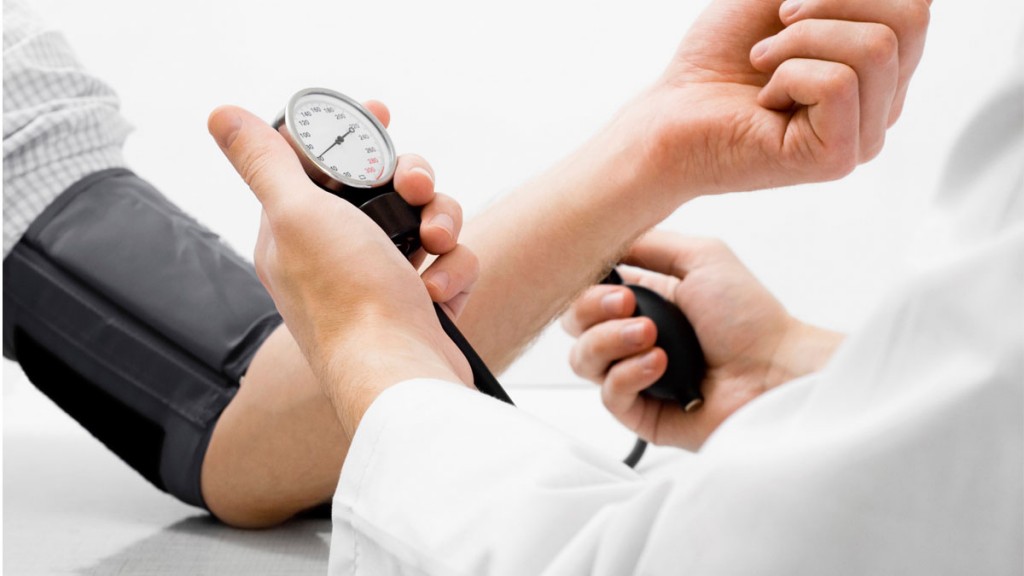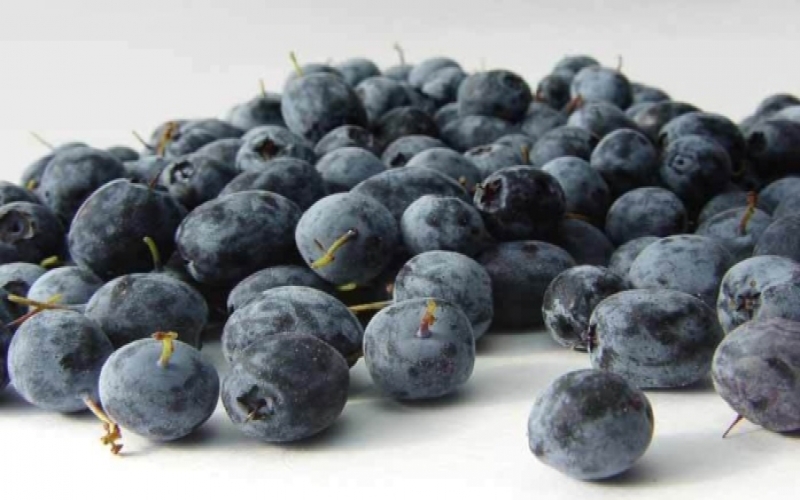MODERATING FATIGUE IN BREAST CANCER

Fatigue is very hard to explain. You feel like you have become energy-less and are exhausted all the time. But let me tell you there’s not a particular reason. You haven’t been working out, running tasks all day, or doing some other tiring job. When you feel worn-out from physical exertion, if you get plentiful sleep that night, you generally feel better the very next day. With fatigue, constantly you feel drained and lose interest in friends, family, and things you usually love doing. The most frequent side effect that occurs while the treatment of breast cancer is “Fatigue”. Some physicians assess that 9 out of 10 individuals feel exhausted at some or other point during the treatment. Fatigue from cancer treatment can turn up all of a sudden, at any time, and can be devastating. Rest alone doesn’t alleviate fatigue and it can persist for months even after the end of treatment. This disabling symptom can impact work, daily activities, and social relations, resulting in a weakened overall quality of life. The incidence of fatigue is frequently because of dysfunction or damage in the immune, nervous, and gastrointestinal systems. Thus, for recovery it becomes necessary to support each of these systems with the right micronutrients.
Cancer-related fatigue (CRF) is often regarded as a continuous physical and/or mental weariness that is not related to activity and remains uncomforted even with rest. These signs may also be accompanied by insomnia, depression, as well as cognitive impairment, which are often badly tackled by a majority of oncologists. A number of mechanisms can be held responsible for cancer-related fatigue including immune dysfunction, weakened digestion, infection, as well as mitochondrial damage. All of these problems need to be handled accurately so as to restore optimal health. Proper diet, mild exercises and an inclusive supplement program are the best place to begin with.
Chemotherapy Medications Often Associated with Mitochondrial Toxicity: Side effects of a number of common chemotherapy medications used in the treatment of breast cancer, and radiation therapy, have been revealed to directly harm the nerves giving rise to a painful condition called peripheral neuropathy. Radiation and chemotherapy may also add to fatigue and the decreased cognitive function, commonly called “chemo brain”, by damaging the part of the cell (mitochondria) which is responsible for the production of energy.
Now, you don’t have to survive with fatigue just because you have breast cancer. Instead, hit the crushing tiredness from a number of angles.
Let’s go through some of the treatment option for alleviating fatigue:
As patients who have undergone cancer treatment with either chemotherapy or radiation in the past may be experiencing mitochondrial damage, it is logical if mitochondria can be rebuilt with the following nutrients:
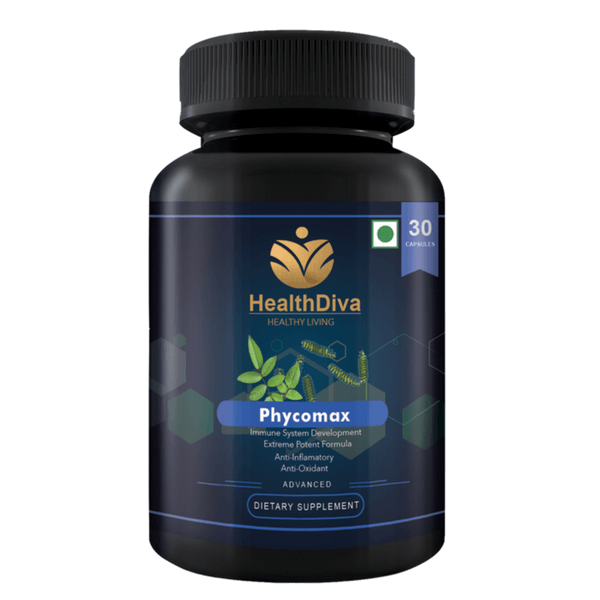 Antioxidants:
Antioxidants:
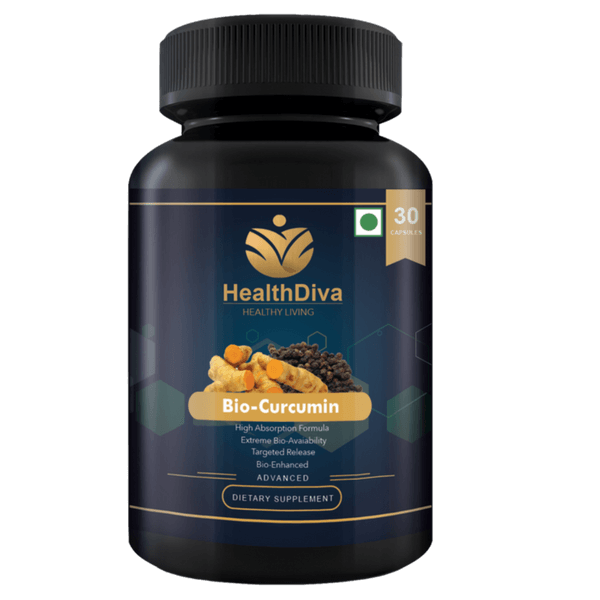 The health of patients suffering from chronic fatigue can greatly improve with the supplementation of naturally available antioxidants, including Phycocyanin, Curcumin and Piperine etc. This triad of key nutrients has been revealed to lessen mitochondrial destruction, refurbish the production of energy, defend cellular structures from oxidative damage, and thus trim down fatigue. Other antioxidants such as B complex vitamins, vitamin C and E may also lend a hand in restoring healthy immune and mitochondrial function. And one such supplement is available at HealthDiva, PHYCOMAX CAPSULE: consisting of Spirulina ext. (Phycocyanin): 200mg; Turmeric ext. (Bio-available Curcumin): 250mg and Black Pepper ext. (Piperine): 5mg. HealthDiva’s Phycomax is a dietary supplement dedicated to help cancer sufferers who are undergoing cancer therapies such as chemotherapy and radiation.
The health of patients suffering from chronic fatigue can greatly improve with the supplementation of naturally available antioxidants, including Phycocyanin, Curcumin and Piperine etc. This triad of key nutrients has been revealed to lessen mitochondrial destruction, refurbish the production of energy, defend cellular structures from oxidative damage, and thus trim down fatigue. Other antioxidants such as B complex vitamins, vitamin C and E may also lend a hand in restoring healthy immune and mitochondrial function. And one such supplement is available at HealthDiva, PHYCOMAX CAPSULE: consisting of Spirulina ext. (Phycocyanin): 200mg; Turmeric ext. (Bio-available Curcumin): 250mg and Black Pepper ext. (Piperine): 5mg. HealthDiva’s Phycomax is a dietary supplement dedicated to help cancer sufferers who are undergoing cancer therapies such as chemotherapy and radiation.
Curcumin:
Curcumin, the most active component present in the spice Turmeric, has been identified to display strong antioxidant as well as anti-inflammatory activities, fortify the body’s detoxification pathways and reinforce the immune health. Curcumin helps to prevent or treat a number of cancer forms, including breast, skin, prostate, and colon cancer. As the absorption of this compound is limited owing to its low water solubility, selecting a Curcumin supplement for example, Piperine with strong bioavailability is chiefly vital for this phytonutrient. HealthDiva presents a combination of Bio-Curcumin and Piperine, in the form of capsules. Bio-Curcumin plus turmeric capsule helps strengthen your immune system with zero side effects and is packed with antioxidants, essential vitamins, minerals and dietary fiber.
Probiotics:
 Cancer therapies can drastically transform healthy gut bacteria that support digestion and a healthy immune function. This can add to indications such as headaches, depression, and brain fog that frequently go with the cancer treatment. Taking a daily probiotic supplement, in combination with a diet rich in food-based probiotics (kefir, or unsweetened yogurt), may be useful in restocking the important balance of useful bacteria obliterated during chemotherapy treatment.
Cancer therapies can drastically transform healthy gut bacteria that support digestion and a healthy immune function. This can add to indications such as headaches, depression, and brain fog that frequently go with the cancer treatment. Taking a daily probiotic supplement, in combination with a diet rich in food-based probiotics (kefir, or unsweetened yogurt), may be useful in restocking the important balance of useful bacteria obliterated during chemotherapy treatment.
Reducing Fatigue from Breast Cancer Treatment with Yoga:

For females battling breast cancer, research studies state that regular yoga practice can help in fighting fatigue, decreases the stress hormones and recovers their overall quality of life. Patients with breast cancer coping with the constant strain and stress of treatment often face trouble in looking for the means to manage the physical toll. This shortage of energy can be short-lived (lasting less than a month) or long-lasting (6 months to a year). Radiation treatment can deteriorate the condition of the exhausted patients. Yoga, on the other hand, works to excite the body’s nervous system as well as circulatory system – awakening a sense of energy and vigour, thereby fighting the burden of extra stress. Through a series of yoga poses, postures, meditation as well as breathing exercises, it was found that cancer-related fatigue greatly reduced. In addition, cancer sufferers practicing yoga experienced a reduction in the levels of stress hormones, mainly cortisol. Additionally, yoga helps in promoting positive thinking of self-worth and boosts confidence which often go down during the painful treatments. The real benefits lie in the enduring effects of yoga and meditation after and during treatment, exhibiting a robust overall physical health.
Promoting the health of your mitochondria may directly help in moderating the weakening fatigue connected with the breast cancer treatment.
The Bottom Line:
Fatigue is not anything to feel embarrassed about. “Just attack cancer-related fatigue from every possible angle, don’t take for granted that you have to breathe with it.”
